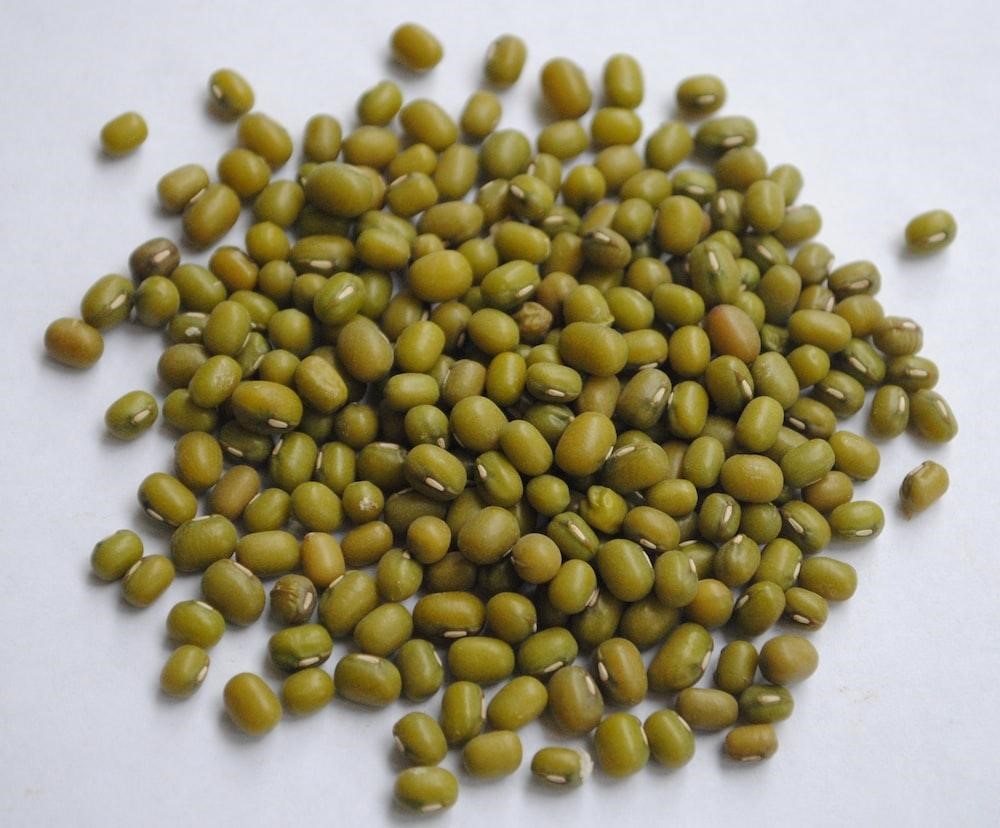Table of Contents
Vegetarian and vegan food hasn’t always had the best reputation. Many of the earliest vegan items on the market were met with complaints that they tasted and felt like cardboard. If not, most people were probably preparing bean and rice meals and some salad. If you weren’t a great cook, cooked carrots could grow boring.
But this is no longer the case; things have changed significantly. Growing consumer curiosity for plant-based food, especially among younger generations, is a direct result of the tremendous innovation seen in the industry in recent years. Foods made with soy are spot-on because they contain elements that satisfy shoppers. As consumer behavior shifts in reaction to inflation, global warming, and changing notions about health and nutrition, U.S. Soy and the soy foods business stand to benefit.
Soy Innovation has Generated Value Addition
U.S. Soy farmers and their business partners are committed to finding new ways to improve global nutrition, reduce waste, increase productivity, and develop innovative food and energy. As a consequence, we now have soy milk, cheese, and yogurt as alternatives to traditional dairy products because of technological advancements in the soy industry. These soy-based dairy replacements are becoming increasingly popular among consumers who are lactose intolerant, vegan, or just trying to cut back on their dairy consumption. Soy milk is similar to cow’s milk in terms of nutritional value but with less saturated fat and cholesterol. Vegan alternatives like soy cheese and yogurt are also rising due to their growing popularity and wide range of health benefits.
But that’s not all that’s new in the world of soy. As a result, many new snacks and convenience meals have been created that are healthier versions of their predecessors. Try roasted soy nuts if you’re looking for a healthy alternative to potato chips. For those pressed for time but who want to eat healthily, soy-based convenience foods like frozen dinners and soups are a great choice.
The environmental impact of the meat industry, health concerns, and the rising popularity of veganism are only a few reasons for expanding the plant-based food sector. As a result of soy innovation, customers now have access to a wider variety of healthy, eco-friendly, plant-based food and beverage options, which has contributed significantly to this expansion.
Soy Innovation is Reshaping Ideas About Sustainability
Consumers around the world have a growing social conscience that is open to many perspectives on sustainability. Product promises like responsibly sourced and carbon neutral are emerging as key phrases on E-commerce search engines. Twenty-five percent of consumers worldwide now select products based on environmental impact, prioritizing sustainably cultivated goods and meals packaged in eco-friendly materials. The percentage of food products advertising themselves as “plant-based” has increased by more than 100 percent in Western Europe and Australasia during the past several years. Claims that a product is vegan or contains no animal products surged by 46.2% in North America in 2017.
In order to keep up with the changing preferences of consumers worldwide, the international soy food and beverage industry has developed products like soy milk.
Informed customers should find multiple points of interest in minimally processed soy meals manufactured from high-quality, sustainably grown U.S. Soy. All nine essential amino acids (those that the body can’t generate) are present in sufficient quantities in complete proteins. Regarding both human health and the planet’s health, studies keep coming up with positive results for plant-based proteins. Soybeans have been cultivated and consumed for generations, making them a well-studied plant protein source. Soy is set up as a future-proof food source because of the current emphasis on sustainability.
Soy Innovation Helps Develop Affordability
Numerous shoppers now intentionally seek less expensive businesses and brands. Furthermore, online business is here to stay. By 2025, it is expected to account for half of the growth in worldwide retail, with the United States, China, and Mexico seeing the greatest increases. Soy foods like canned soybeans, roasted soy nuts, and TSP are readily available and convenient for consumers to keep when purchased online (textured soy protein, also called TVP or textured vegetable protein).
Although cost is a factor in what we eat, protein continues to play a significant role in the currently fashionable diets and the comfort meals that people love to consume at home and on the go. Restaurant owners in the United States can combat rising product costs and supply chain shortages by offering more protein options. Dining establishments can attract both health-conscious and budget-conscious customers by offering soy-based protein alternatives on their menus. Recipes like tempeh piccata are great examples of main courses. Soy milk with seltzer and flavoring syrups could be the basis for innovative new beverage iterations. Crunchy soy nuts are a great addition to meat and fish crusts or as a snack for the bar.
The development of plant-based meat substitutes is a breakthrough in soy innovation. Many people trying to switch to a plant-based diet turn to soy-based meat replacements because they resemble the real thing in terms of texture, taste, and look. The fact that they are more eco-friendly and better for human health than animal-based alternatives further adds to their popularity. Researchers at the University of Michigan showed that vegetarian and vegan meat substitutes significantly reduce emissions of greenhouse gases compared to cattle.
Final Thought
Ultimately, the soy breakthrough catalyzes the entire plant-based food industry. It has made great progress in the food business because of its adaptability and various nutritional benefits. Meat substitutes, dairy substitutes, snack foods, and fast food that use soy are simply the tip of the iceberg regarding the potential of soy innovation. Soy innovation is vital to changing the way we eat and influencing the future of the food business as the demand for plant-based solutions rises.



